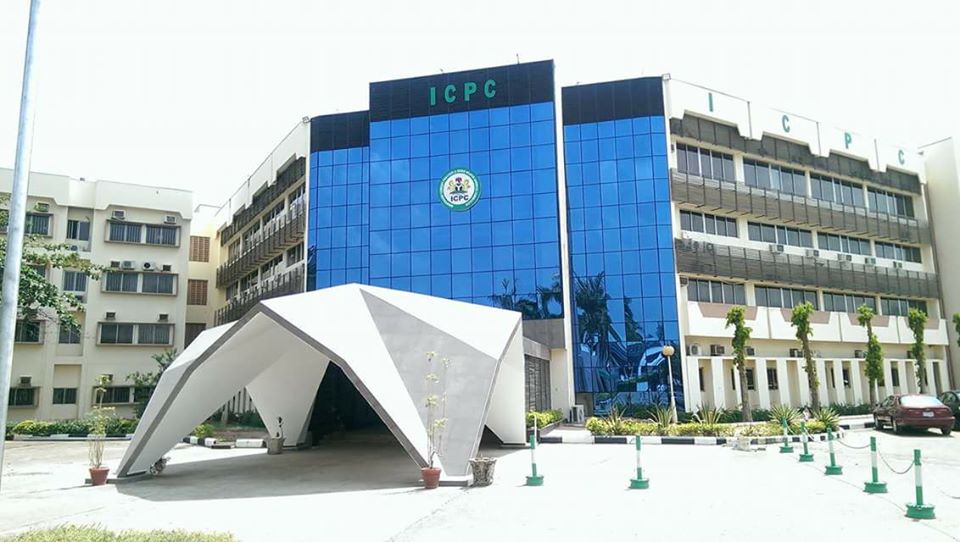The Independent Corrupt Practices and Other Related Offences Commission (ICPC) has urged complainants and petitioners reporting cases of suspected corrupt acts at the Commission’s offices to avoid conducting themselves in a manner that can be prejudicial to its investigation process and the rights of suspects.
In a statement the commission decries attempts by some petitioners to sensationalise cases reported by them by engaging in public demonstrations in the precincts of the Commission office while submitting or wanting to know what has become of their petition while investigations are on-going.
The acts which are fast becoming the trend, are not only detrimental to the investigation process but can also amount to blackmail as well as infringement on the rights of persons alleged to have committed corrupt acts, who under the law remain suspects until found guilty after diligent investigation and prosecution..
For example a recent incident involving a public demonstration took place at the headquarters of the Commission in Abuja by a group of placard-carrying protesters seeking the investigation and prosecution of the Chief Executive Officer of NEXIM Bank on allegations of corruption.
For the avoidance of any doubt the Commission is committed to its mandate to treat all reports, petitions and complaints brought before it dispassionately whether they are endorsed by the petitioners or anonymous, and is always ready to receive such complaints through several channels made available to the public for that purpose
Section 6(a) of the Corrupt Practices and Other Related Offences Act 2000 places ICPC under the obligation to receive reports, petitions and complaints on corrupt acts perpetrated by individuals in the country and thereafter carry out investigations and if appropriate prosecute such individuals in courts of law.
The ICPC has over the years evolved several modes and channels through which such reports, petitions and complaints can be made. Copies of petitions can be physically submitted at its headquarters in Abuja or any of its 15 offices spread across the six geo-political zones of the counttry. Electronic reports can also be sent through its email addresses, social media platforms such as BBM and Twitter or through any of our five toll- free lines.
The ICPC is impartial in dealing with petitions and sources of information and adheres strictly to the stipulations of its enabling law which prescribes a high level of objectivity when dealing with petitions and it also protects the identity of whistle-blowers.
However, petitioners should always ensure that their petitions are genuine as the Commission will not allow itself to be used by individuals or groups to settle personal scores or to victimise other people. The Commission will not hesitate to apply the provision of its enabling law which stipulates harsh punishment for individuals who choose to waste its time and resources by making malicious or frivolous petitions against others.


